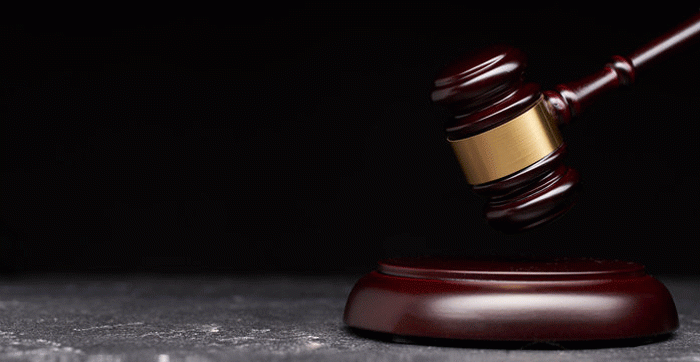
ON World Day of Social Justice, Zimbabwe Lawyers for Human Rights (ZLHR) stands in solidarity with ordinary citizens who are enduring unprecedented injustices, which are being perpetrated against them by State and non-State actors.
World Day of Social Justice, which is commemorated annually on February 20, serves as a reminder of the need to build fairer and more equitable societies.
The World Day of Social Justice theme this year: Global Coalition for Social Justice: Bridging Gaps, Building Alliances underlines the imperative need for the global society to share both infinite and finite resources and best practices so as to achieve remarkable development and economic growth.
The theme rallies governments, organisations, enterprises and individuals to work together towards creating a more inclusive and equitable world.
Commemoration of World Day of Social Justice presents an opportunity to reflect on the persistent challenges facing marginalised communities and offers a chance to remind governments, organisations and individuals to strive for the creation of a more just and equitable world.
In 2024, World Day of Social Justice is marked at a time of grave injustices, high inequality, extreme poverty, high unemployment, grave human rights violations and gender inequality among a myriad of challenges.
In Zimbabwe, World Day of Social Justice is being marked at a distressing moment when authorities are on a sustained onslaught against civil liberties, which has the detrimental effects of creating a web of disadvantage and perpetuating cycles of human rights excesses, inequality, poverty, internal displacements, starvation and large-scale suffering of people.
Despite adopting a progressive Constitution in 2013, which guarantees freedom from arbitrary eviction and despite being condemned heavily by the United Nations in 2005 for rolling out Operation Murambatsvina, which turned out to be a disastrous venture, which left 700 000 people without homes or jobs, it is incomprehensible that government has once again chosen to embark on a ruthless countrywide operation to forcibly evict, displace and destroy people’s homesteads without offering them any alternative accommodation or shelter. It certainly appears that no lessons were learnt from the 2005 gross violation of human rights.
- 'Gukurahundi survivors denied food aid'
- ZLHR pushes for PVOs Bill abolishment
- Mudenda rejects opposition legislators’ PVOs Bill plea
- Arrested UZ student granted $10 000 bail
Keep Reading
The heartless manner in which the majority of evictions and displacements have been executed across the country and during summer season is unjustifiably brutal and amounts to inhuman and degrading treatment of citizens in contravention of guarantees contained in the Constitution and regional and international instruments to which Zimbabwe is a State party.
Government should realise that forced evictions and displacement of people are a gross violation of human rights, in particular the right to shelter guaranteed in Section 28 of the Constitution and freedom from arbitrary eviction enshrined in Section 74 of the Constitution.
Moreover, forced evictions and homelessness intensify social conflict and inequality and invariably affect less privileged people and vulnerable members and sectors of society.
It is vital for government to urgently halt the forced evictions and ensure the protection of several internally displaced people and other vulnerable groups and take remedial action to protect the rights provided in the Constitution and in the International Covenant on Economic, Social and Cultural Rights.
To nip in the bud injustice and inequality, ZLHR calls on government to;
lHalt the ongoing demolitions, evictions and displacement of people;
lCreate stable, safe and a just society and place people at the centre of development plans and commit to advancing social development;
lUplift marginalised communities and stop the unquenchable penchant to perpetuate injustice in Zimbabwe; and
lAlleviate poverty, inequality and widen provision of social safety nets. - Zimbabwe Lawyers for Human Rights










